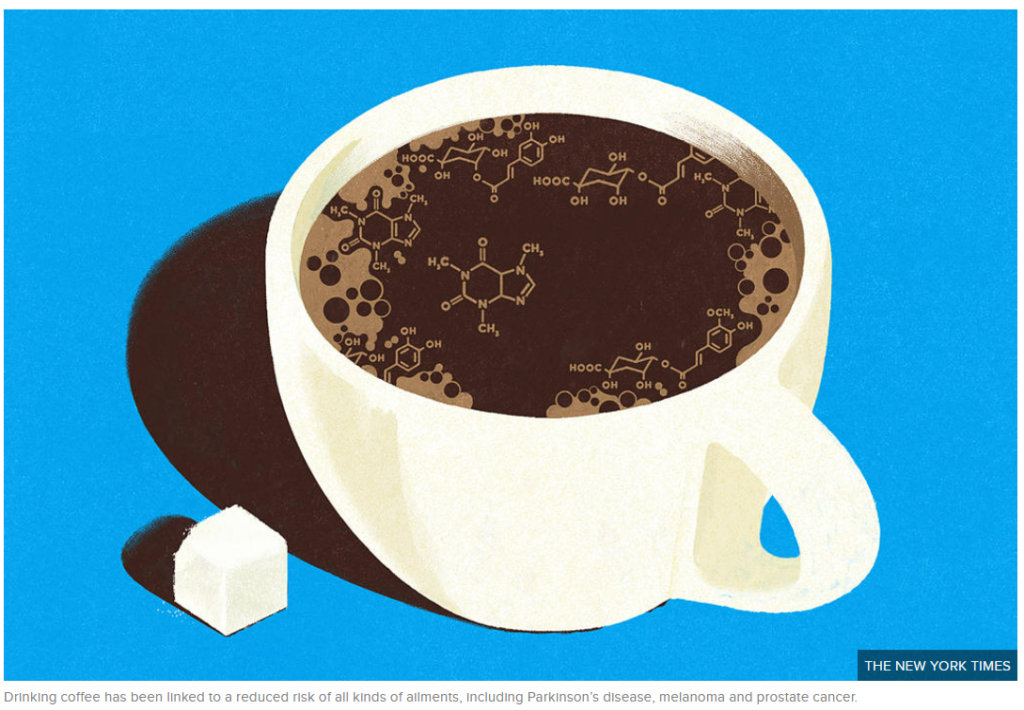
There are some very good reasons for being fastidious with your cleaning and disinfecting efforts these days (yes, these are two very different steps). We are, after all, still in a pandemic.

NEW YORK — Americans sure love their coffee. Even last spring when the pandemic shut down New York, nearly every neighbourhood shop that sold takeout coffee managed to stay open, and I was amazed at how many people ventured forth to start their stay-at-home days with a favourite store-made brew.
Read more at https://www.nytimes.com/2021/06/14/well/eat/coffee-health-benefits.html

It’s been said that the eyes are a window to the soul. Your face is also a window—by looking closely at your facial features, you can read details of your own health. Sometimes looking into the mirror may show something surprising, even unsettling. But how can you know whether a facial change is cause for concern or something harmless?

They say money can’t buy you happiness — but it appears that making more of it makes you feel much better about yourself.
A new study published in the American Psychological Association journal Emotion looks at how a person’s income influences their “self-regard emotions,” aka their pride, confidence, shame, etc.

If you’ve worried that your toothbrush, being usually in the same room as your toilet, is perpetually covered in microscopic fecal matter, well, here’s some relief. According to a new study, our brushes are full of bacteria found in our mouths, but they’re not full of bacteria from our guts. In other words, our toothbrushes don’t seem to be nearly as disgusting as many of us feared.

A mid-career crisis can happen to anyone. It can hit even those who objectively have the most fulfilling jobs. When it does, it inflicts pain on the individual suffering it and causes productivity losses for employers. Yet, the phenomenon remains stigmatized and under-researched, leaving crucial questions unanswered. What are the causes? Why does this malaise seem to strike in mid-life? And how can those who are stuck in its grips shake themselves loose?